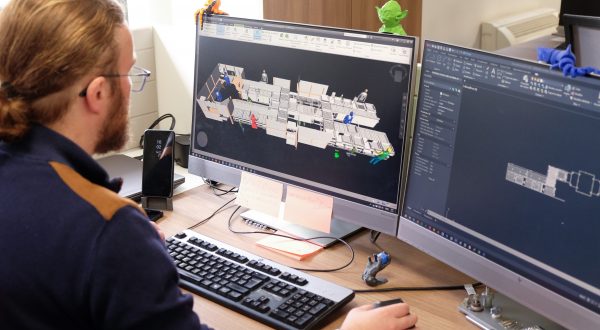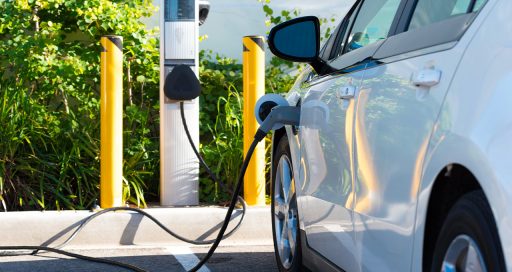For the third consecutive year, students from Stralsund University in Germany have won one of the biggest mobility efficiency competitions with a car powered by a hydrogen fuel cell system.
![]()
The electric car prepared by students from Germany’s Stralsund University of Applied Sciences with the support of Actemium has taken first place for the third year in a row in the Shell Eco-Marathon, one of the biggest mobility efficiency competitions in the world, in the prototype/hydrogen category. The team also won the European race in 2019 at the Brooklands track to the south-west of London.
“Actemium has been supporting the ThaiGer-H2-Racing Team for a year now, benefitting from student input.”
The eco-marathon challenges participants not to be the first to cross the finish line but to complete a 15km circuit within a given time using the least amount of energy possible.
The hydrogen-powered vehicle was designed by ThaiGer-H2-Racing Team, the Stralsund university team, using a particularly efficient fuel cell system and an ultra-lightweight structure.
“Let me give you two figures that demonstrate the students’ performance,” says Clemens Blankenberg from Actemium H&F, the VINCI Energies business unit supporting the German university: “Over the three wins in 2017, 2018 and 2019, the car used an average of 1,082km/m³ of hydrogen. For an internal combustion engine, this sort of energy performance equates to a distance travelled of 3,295km per litre of petrol.”
Advantage of work-study programmes
Two members of the ThaiGer-H2-Racing Team are students completing work-study programmes at
Actemium H&F. Clemens Blankenberg himself studied at Stralsund University before joining the business unit.
Such programmes offer advantages both for the business and the students: they provide students with practical work experience through an internship, and they give the company an ongoing connection with the latest academic research.
“Actemium has been supporting the ThaiGer-H2-Racing Team for a year now in order to benefit from input from the students, who gain professional experience during their studies at Stralsund University,” points out Blankenberg.
Completing an internship at Actemium H&F while studying at the technical university is a way to combine theory and in-depth practical experience. Outside of their study time, students work and prepare their Bachelor’s thesis at Actemium H&F.
Green hydrogen
“The tests being performed on hydrogen as an energy vector are of interest to the whole industry,” confirms Blankenberg, who had the opportunity when working with the ThaiGer-H2-Racing Team to discuss the technology with other companies involved in fuel cells, especially hydrogen systems.
“Electric vehicles that run on traditional batteries are well suited to urban areas,” he notes, “but using hydrogen means you can cover far greater distances. As an energy vector, you’re looking at range equivalent to that of internal combustion engine cars. Moreover, the time required to fill up a hydrogen tank is short: around 10 minutes will do.”
Other promising applications are currently at the development and testing stage in the railway and maritime sectors. “However,” warns the Actemium H&F expert, “hydrogen can only be a credible alternative as far as sustainable development is concerned if it is produced from renewable energy sources such as wind, solar and hydro.” This is what is known as green hydrogen.
16/09/2021
Learn more:
https://www.thaiger.hochschule-stralsund.de





